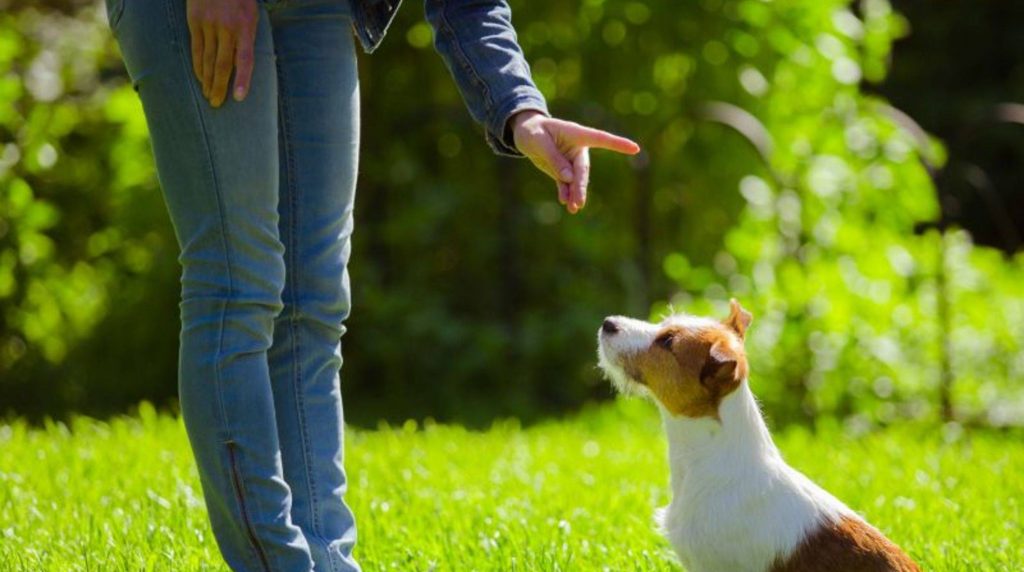The Jack Russell Terrier is a sly old dog despite its small size. With the proper upbringing, the intelligent whirlwind will become a great companion with whom it is guaranteed never to get boring. Read what you should pay attention to when training with the British four-legged friend.

The lively little Jack Russell Terrier – affectionately known as “Jacky” – is usually endowed with an amiable character but also has a good portion of hunting instinct, a very great need for activity, and a little stubbornness that likes to show itself. Therefore, it is not so well suited for beginners but better off for people with dog experience.
Jack Russell Terrier: Advanced Training
The Jack Russell Terrier is a dog that tests its limits and follows its own will. This is not because he wants to annoy you, but because this breed of dog was bred to work independently. The terriers are hunting dogs that, with their small stature and short legs, fit into the dens of wild animals, where they are supposed to track them down and scare them out. Jack Russell Terriers have also been bred to have the “predator acuity” trait in hunter jargon. This means a fundamental willingness to kill the hunted game. Since the hunters cannot follow the dogs into the burrow, the terriers have to decide for themselves whether to flush out the game or kill it.
Even if today’s Jack Russell Terriers are no longer kept exclusively as hunting dogs, they still have a strong hunting instinct and a pronounced stubbornness. In addition, there is often a sure protective instinct, which can take on a life of its own with a poor upbringing. The dog’s alertness also requires special attention because, after all, he shouldn’t bark. The training of the Jack Russell Terrier applies even more than with other dog breeds: be consistent, transparent, and patient.
Hard words or violence won’t get you very far with Jacky; he must conclude that it’s more worthwhile to listen to you than to follow his head. Therefore, start training the puppy on the first day after it arrives. In the beginning, we recommend several short training sessions, a few minutes long, so as not to overwhelm the dog. Work with rewards when he does something right. If he’s done something wrong, stop the practice and say “no” or “off.” Combine negative and positive reinforcement, but avoid drastic punishment and aversive training methods.
Tips for working with young Jacky
When it comes to basic commands and socialization, it’s essential to be consistent. In addition, the whole family should pull together when it comes to teaching the dog what it can and cannot do.
From an early age, you should work with the dog to ensure that its owner’s commands are more important than its desire to hunt. Otherwise, walking with him could later become a tricky affair. You can find more tips on training young dogs in our guide “Avoiding mistakes in puppy training: 6 no-gos”.
Keeping and dog sport for the Jack Russell Terrier
Good training for this dog should go hand in hand with sufficient exercise and optimal housing conditions. The four-legged friend needs a lot of practice, keeps his head busy through play and training, and should be challenged and encouraged in dog sports. When balanced, the Jack Russell Terrier learns faster, is more cooperative, and is quieter around the house.
Simply throwing sticks or balls is usually too dull for Jacky, and he also has a certain tendency to develop addictive behavior with such games. Dog sports that he can do together with his caregiver are better, for example:
● Agility
● fly ball
● Frisbee
● Nose work and hidden object games
● Trickdogging (teaching the dog tricks)
● Dog dancing








